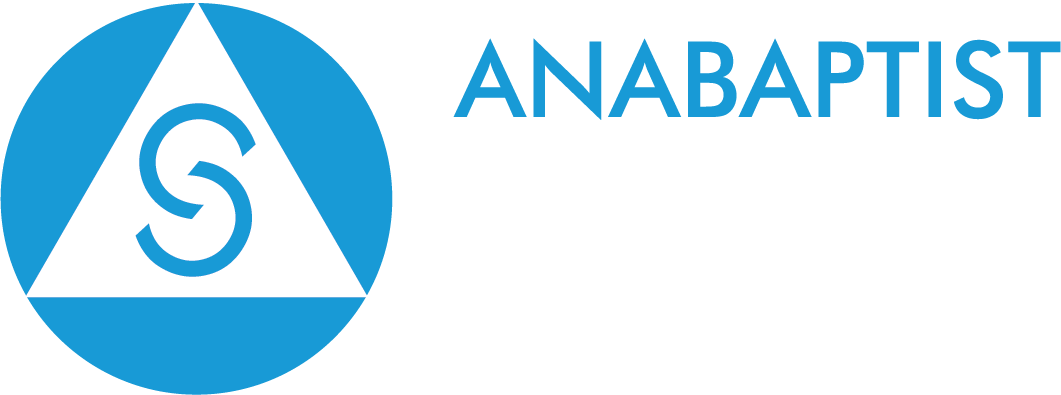17: Fair Trade should be the Norm
Holland
A Climate Pollinator story by Sierra Ross Richer
The coffee served at Arboretumkerk church in Wageningen, Holland, is certified Fair Trade. So is the milk, sugar and tea.
Jan Joost Kessler, a long-term member of the congregation who served on the sustainability working group, won’t have it any other way.
“I would expect religious organizations to do this,” he said, “because it is so much in line with principles of solidarity and responsibility for vulnerable (peoples and the environment).”
With a background in ecology, Jan Joost has spent his career working to make global value chains for products like coffee, cocoa and palm oil more sustainable. “There are many issues in these trades,” Jan Joost said. “There is risk of child labor, there is often discrimination of women, sometimes there is even slavery.”
One of his most recent assignments for the Rainforest Alliance, an international non-profit organization working to make agriculture more sustainable for farmers and the environment, is working to help prevent child labor on coffee farms in Guatemala.
About ten years ago, Jan Joost and a few other members from his congregation brought the issue of climate change to the church agenda. “We made an action plan which consisted of several elements,” Jan Joost said. “One was to buy fairtrade products.” To make sure they followed through, they appointed someone to check the church’s purchases.
“I think a lot of people think ‘my personal contribution doesn’t make a difference,’” Jan Joost said. “I don’t think that’s true.”
“If the majority of people would buy fairtrade products, or biological products, that would really make a difference.”
Jan Joost said: “We have a lot of farmers who want to change towards more biological forms of farming (i.e. working with natural systems to reduce the need for chemical pesticides and fertilizers), but that requires more effort, so the products are generally more expensive.”
Many of the churches Jan Joost has talked to are concerned about the cost of switching to Fair Trade.
“It’s frustrating,” he said, “but I try to explain that if you pay more, it helps poorer communities in producing countries like Guatemala, and I think that’s essential.”
Jan Joost doesn’t just encourage people to buy Fair Trade products from around the world; buying produce from local farmers is equally important, when it’s feasible.
“Coffee and tea we can’t produce in the Netherlands,” he said, “so that’s good to import. (Other places) have climates that are very suitable for these products. If you pay good prices, it’s an opportunity for a living in other countries.”


